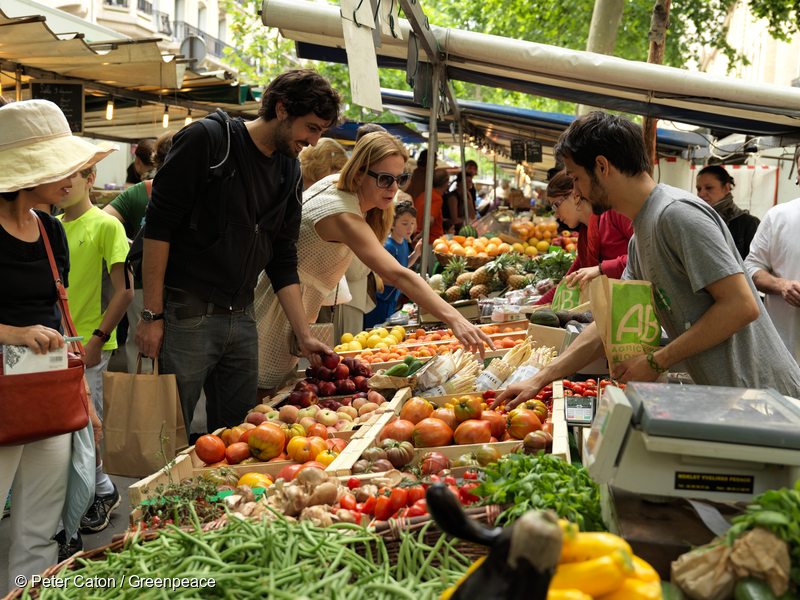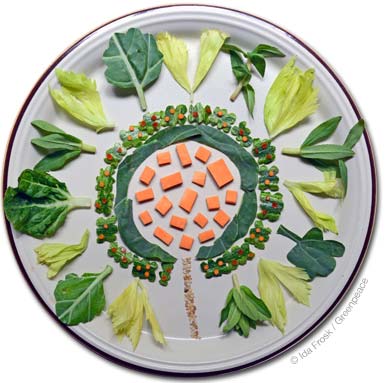Monday June 13th is World Meat Free Day.
It’s a day when thousands of people give up meat for 24 hours to positively impact both their health and the environment.
Monday June 13th is World Meat Free Day.
It’s a day when thousands of people give up meat for 24 hours to positively impact both their health and the environment. According to the sustainability calculator, by not ‘meating’ for one day you save the equivalent daily water usage of nine people, and the carbon emissions equivalent to boiling 388 kettles! Already sounds good, right? But wait, there’s more: you’ll also eat 11 grams less fat! A win-win situation, if ever I’ve seen one.
A day like this, of course, is also a great opportunity to reflect on our eating habits in general.
Meat-free initiatives encourage people who enjoy meat to go without it for just a short while. The goal is to raise awareness about the detriments of meat consumption, and the importance of a shift toward a more climate-friendly diet. This is not to say that the end-goal is for all of us to become vegetarian, but simply that it’s important to be more mindful about our food choices.
But what is a healthy and climate-friendly diet? Happily, making a change for the better is not as difficult as it might sound. Here are five simple ideas to start with (for additional inspiration, also check out Greenpeace International’s post on this).
1.Eat real food
The less processed, the better. The premise is simple: processing uses a lot of energy, thereby further straining our environment. Processed foods also contain many preservatives and enhancers – salt, sugar, colouring agents, etc. – that we should avoid in a healthy diet.
2.Eat more vegetables
Eating less meat and more vegetables is better for us and for the environment. Factory farms are big contributors to climate change, so reducing our meat intake is a step in the right direction. This doesn’t mean we have to go cold turkey (pardon the pun) – any small shift in the right direction is laudable.
3.Waste not want not
The average consumer wastes a startling amount; according to Foodwise, we discard up to 20 per cent of the food we buy. We forget about food in the fridge or simply buy too much, and then throw it out. Making a weekly meal planner might help: it establishes a more purposeful approach to shopping, and induces us to check our pantry more often.
Moreover, many supermarkets reject produce merely because it doesn’t meet cosmetic standards. Happily, more and more grocers have started selling ‘ugly’ fruits and vegetables at a lower price – an initiative worth supporting.
4.Avoid packaging
Food packaging exacerbates climate change. Producing plastics uses energy, and – once we’ve unwrapped our goodies – collecting and transporting it to landfill uses more energy again. If possible, purchase an unpackaged version of the same good, and bring your own bag to avoid plastic waste.
5.Try to buy local
Local products are better because they don’t contribute to transport-related emissions. Visit your local farmers’ market, or simply check the product label to find out where it’s made.
And remember that even small changes make a big difference. It’s not about comparing yourself to others, or trying to be better than everyone else. It’s about how much each one of us can do with the resources and preferences we have.
World Meat Free Day is the perfect opportunity to start down the path of making more mindful food choices. So why not join us on Monday? We’ll be the ones with the huuuuge salads! 🙂




